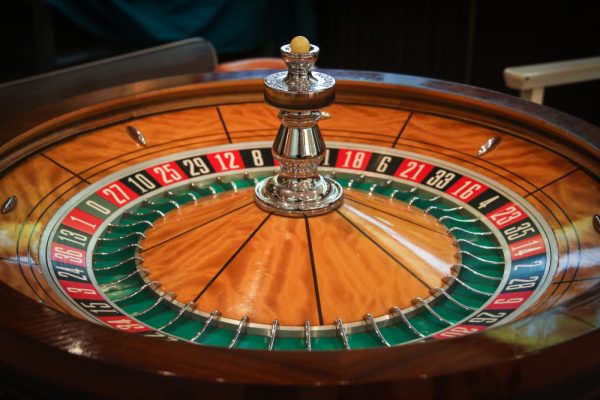Gambling with cyber risk -- the odds are not on your side

A new report from secure collaboration platform Wire, produced in collaboration with a global poker champion, looks at the risks businesses run with cyber security and comparing them to other everyday occurrences, with some startling findings.
Among them are that an employee is three times more likely to infect a colleague with a malicious email than they are to spread the flu to their partner, and that an employee's chances of spotting a phishing email are as slim as hitting a specific number on the roulette wheel.
In addition the chances of your business avoiding a malware attack are as unlikely as pulling the Ace of Spades from a shuffled deck. A company has a 50/50 chance of suffering a costly DoS (denial of service) attack -- effectively the same chances as the flip of a coin. And businesses are over ten times more likely to suffer a week-long downtime from a ransomware attack than you are to suffer a house fire.
"When playing global poker series against the world's best, it pays to understand the odds to reduce the risk, as any miscalculation could mean losing millions of dollars," says Liv Boeree, global poker champion, astrophysicist and contributor to the report. "To see businesses fail to put the best cybersecurity measures in place, such as a secure alternative to email, when the return on investment is so clearly beneficial, is the opposite of good risk management. It's more akin to the behaviour of a delusional problem gambler."
Your business is five times more likely to suffer a debilitating ransomware attack than you are likely to be. involved in a car accident. You're also almost as likely to go out of business due to a cyber-attack as your startup is to fail because it didn't get the next round of funding.
Wire CEO Morten Brøgger says, "People's use and reliance on email is businesses’ greatest security vulnerability. More secure modes of communication and collaboration with end-to-end encryption need to become the standard as email recedes into the past. Especially since the average return on investment for such measures is twice that of investing in the S&P 500. Any business that fails to prepare is betting against the house, and the house always wins."
The full report is available from the Wire site.
Image credit:Macau Photo Agency/Unsplash
